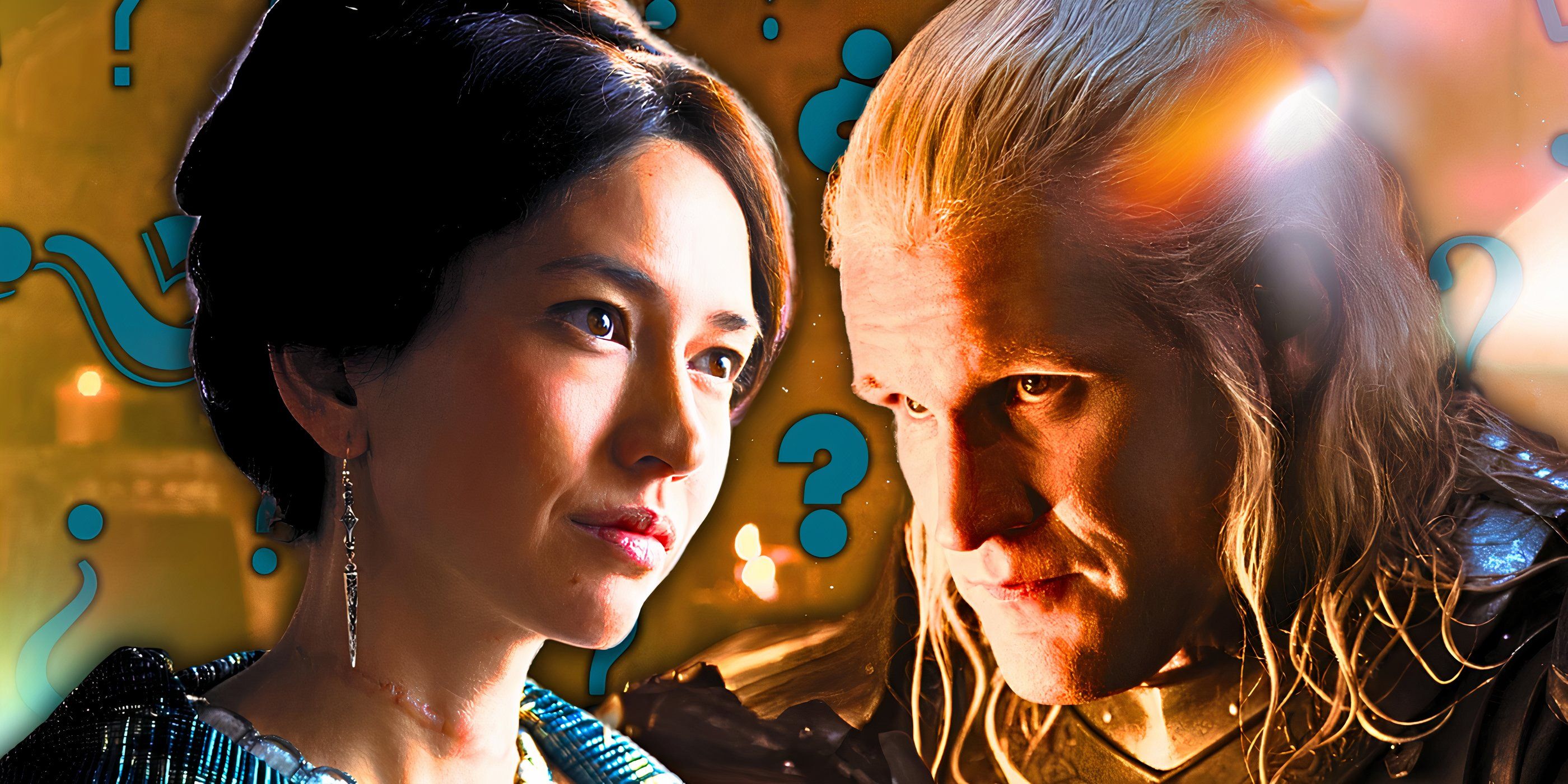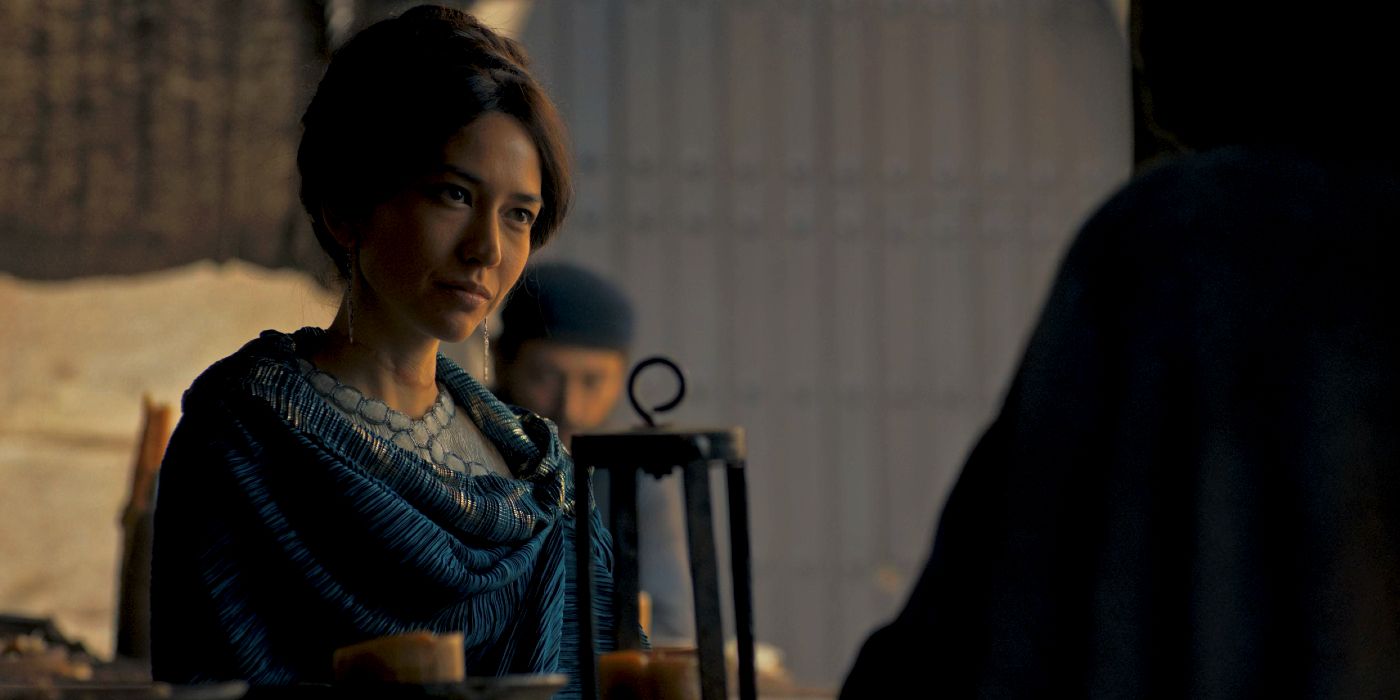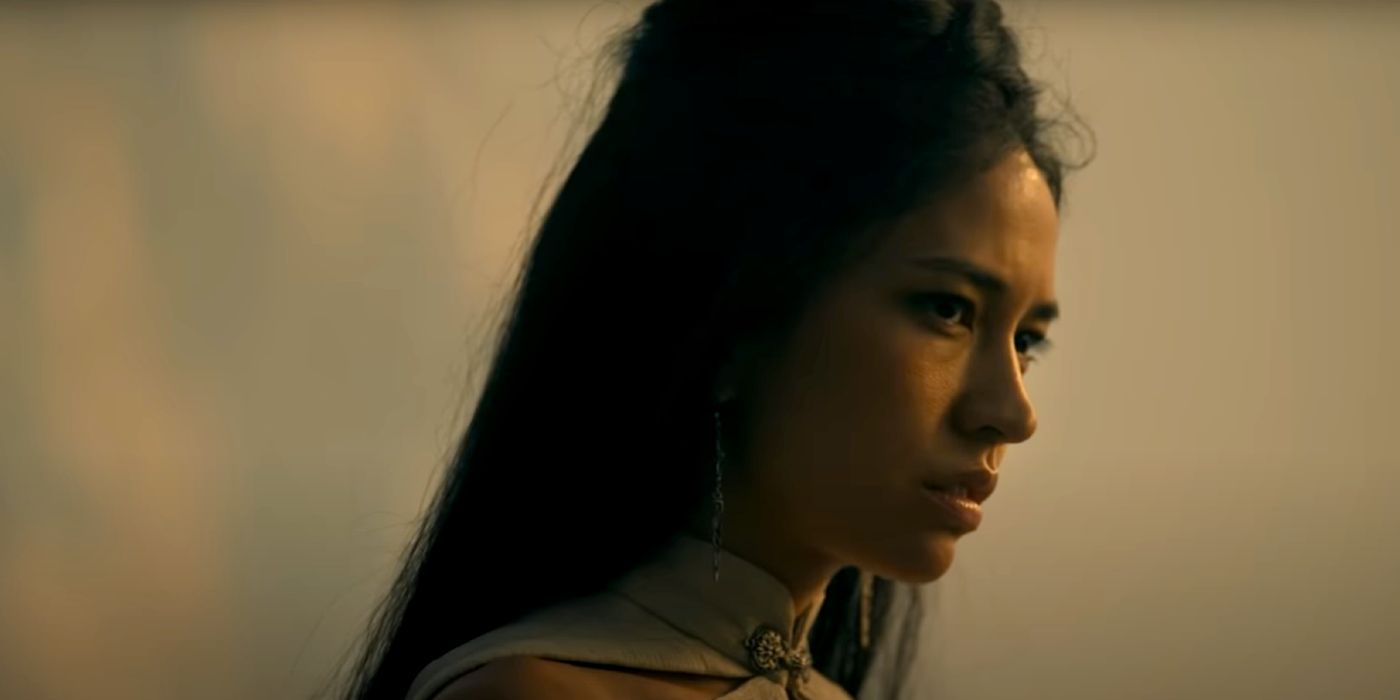
In the House of the Dragon season 2 cast, Mysaria is played by actress Sonoya Mizuno. The series is based on the book Fire & Blood, in which Mysaria is known as The White Worm for her vast spy network in Westeros. She’s a foreigner from the Essos city of Lys, making her initially low on the Westerosi social ladder. However, she navigates the world of information well, rivaling even Larys Strong, who serves a similar role for the Greens. Unlike the many nobles in HOTD, Mysaria is a self-made character who’s played the game well enough to become notable.
Mysaria’s Accent Was Criticized In House Of The Dragon Season 1
Mysaria’s Accent Is Toned Down In Season 2, Responding To Criticism

While House of the Dragon season 1 was well-received by critics and audiences, its reputation wasn’t quite as flawless as the early seasons of Game of Thrones. House of the Dragon’s biggest book changes earned the show some divisive responses. Much of the cast was praised for their performances, with particular celebration for stars Paddy Considine and Matt Smith, but Sonoya Mizuno received consistent criticism as Mysaria, with her accent seen as over the top.
In House of the Dragon season 2, Mysaria’s accent is toned down, which improves her character. She’s brought to Dragonstone as a prisoner after she’d helped the Greens find Aegon II on the day of his coronation in season 1, episode 9. Daemon gives her an opportunity to live if she helps him enact revenge. She refers Daemon to the rat-catcher, Blood, who carries out his assassination attempt, which was meant to be on Aemond Targaryen.
House Of The Dragon Season 2 Has Bigger Mysaria Changes Than Her Accent
Mysaria’s Arc Is Different In The TV Series From How She’s Interpreted In Fire & Blood

In Fire & Blood, Mysaria plays a far more significant role in the brutal Blood & Cheese incident, whereas the show lays a majority of the blame on Daemon for carrying it out. She’s barely complicit in House of the Dragon, as theHBO drama seems to be making her a more sympathetic character. It’s been a common theme throughout House of the Dragon, where characters’ true motivations and actions don’t align exactly with how they’re portrayed in Fire & Blood’s “historical account,” which serves as a thematic exploration of how real-world history can be interpreted.





